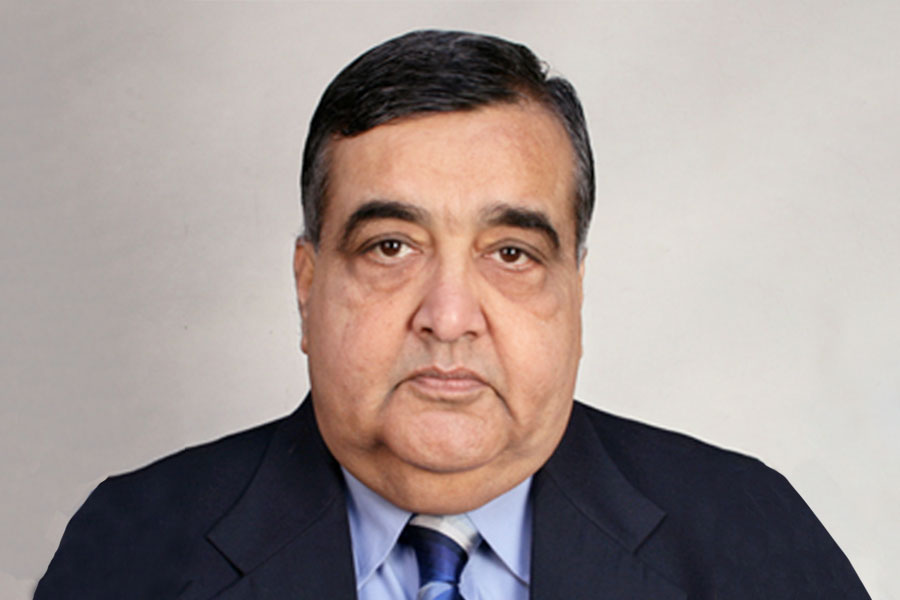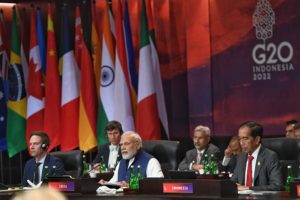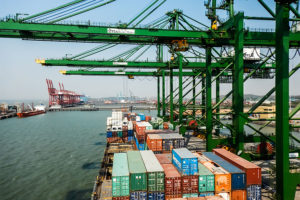Most travel & tourism operators have not survived the pandemic
Rajiv Mehra, Vice President, IATO, opines that survival is out of the question for a number of tourism players with the current meagre levels of demand. While international tourism might take time to rebound, domestic tourism can show early signs of recovery ahead of the festive season in India. But states need to advertise that they are safe to travel and undertake necessary security measures.

IBT: What impact will signing travel bubbles with other nations have on domestic tourism industry? And will this be a gamechanger in reviving international tourism? Why or why not?
Rajiv Mehra: Signing of travel bubbles with neighbouring countries would have a positive effect on the domestic travel and tourism industry. As international movement from these countries begins, it will help the domestic tourism industry to revive. These people holding Indian passports – NRIs or Indians staying abroad or those foreign nationals having OCI cards – can definitely go to those states where COVID-19 certificate is not necessary such as Rajasthan, UP, Haryana, Himachal Pradesh.
However, while this will definitely help the domestic tourism and travel sector revive, it needs to be noted that the entry of people from foreign countries will be only limited to those having Indian passports staying abroad or those foreign nationals having OCI cards, no one else.
IBT: Recently, Romania and Serbia have started tourist passes and vouchers to revive tourism. How feasible is this idea for India in order to spur its domestic tourism?
Rajiv Mehra: In India, states need to take the lead to give a boost to domestic tourism. Most of the states have now removed the localized lockdowns. If you analyse the curbs on movement of people across states during the weekends, you will notice that those states, which did not have any e-pass restrictions or quarantines, received more visitors.
In order to give an impetus to domestic tourism, we have suggested such measures to various state governments in India. These governments should let people know how safe their state is and disburse vouchers through numerous competitions. The experience of the people who visit these states can be promoted, wherein they describe how safe and seamless their stay has been. Travel advisories such as giving out an official helpline number should also be available to those who visit the state, so that they can reach out the concerned authorities if things go haywire.
IBT: What are your thoughts on COVID-19 health insurance? How successful will this approach be in restoring the confidence in travel and tourism industry?
Rajiv Mehra: The COVID-19 Health Insurance is now available in India. To boost outbound traffic, the insurance company needs to give COVID-19 Health Insurance coverage for overseas medical insurance. Similarly, for foreigners coming to India, from those countries COVID -19 Health Insurance is a must.
However, one problem with these health insurances is that in most of the foreign countries, they cover only those people who are under the age of 65 and not above. In India, tourists who come from abroad are typically above the age of 60-65, whether they are from UK, US, Italy or Australia. So, unless and until they are included, no foreigner will travel to India or any other country.
IBT: What measures is the domestic tourism industry taking in order to recover from the detrimental effects of the pandemic and what support do you propose from State and Central Governments?
Rajiv Mehra: The domestic tourism industry has started moving a little with travel to neighbouring states. The state governments need to give assurance to domestic travelers that their state is safe. A nodal officer needs to be appointed in each state and his name must be made available at all hotels and other tourist places. Similarly, the state government should have hoardings at the state borders, district boarders and main cities. Also, whenever the tourist enters any state, an SMS could be send to his mobile number through the mobile phone operators.
IBT: Other parts of the world like Europe and Canada are emerging from the effects of COVID -19, and opening their doors to travellers. Are these sort of signs emerging in the Indian tourism industry as well? What are the best practices our domestic players can learn from international counterparts to speed up recovery?
Rajiv Mehra: Domestic players in India are following international guide lines to increase volumes, and support of the State governments is required. As far as international travellers are concerned, we still do not have international flights operating nor the availability of visas/e-visas for tourism. That needs to be first relaxed and then the Ministry of Tourism in India needs to devise a campaign to attract foreign tourists.
There are certain countries in Europe that are financing up to 50% of trips within the EU. I don’t think our state governments can do that because they don’t have funds available. But even if they advertise their state’s tourism well, that will be enough.
IBT: When and how do you expect demand to recover? How is this crisis different in comparison to past crises that have hit the tourism industry?
Rajiv Mehra: There have been many crises in the past, which were restricted to one country or a couple of countries. These include the Afghanistan war, Gulf War, Global Recession and so forth. But once the problem was over, the tourism sector was back on track. However, in this case, the entire world is affected. Till such time the vaccine comes out, it is very difficult for international tourism to begin in India due to international travel curbs and the high number of cases.
Inbound tourism in India might rise sometime in the middle of next year or later. However, if the vaccine does not come, we will not see foreign tourists coming to India. So, that will take a lot of time to come.
IBT: What sustenance strategy does the industry need to have in order to survive and thrive over the next two years? What opportunity areas can it explore in the coming months in order to revive revenue streams?
Rajiv Mehra: Survival is out of question since most of the travel and tour operators could not last this pandemic. For more than six months, people have paid from their own pockets. There are many companies telling their staff to leave, or asking them to resign and go home.
Any business model can only be successful in reviving the sector if there are customers. Right now, there is a meagre demand, as people aren’t going on long holidays. So, first the industry needs to focus on reviving demand.
Graduated in Economic (Honours) from Delhi University (Hans Raj College), Rajiv Mehra is the Director of Uday Tours and Travel Pvt. Ltd, New Delhi. He has 39 years of vast experience in the tourism industry. He did his schooling from St. Columba’s, New Delhi. He joined the tourism industry in 1977 and later set up his own company in 1990. He is currently the Vice President of Indian Association of Tour Operators (IATO), and was earlier a member of its Executive Committee. He has been associated with IATO for the last 24 years and was especially contributing for IATO annual conventions in a big way. He has extensively travelled and visited over 30 countries across the world.













Leave a comment